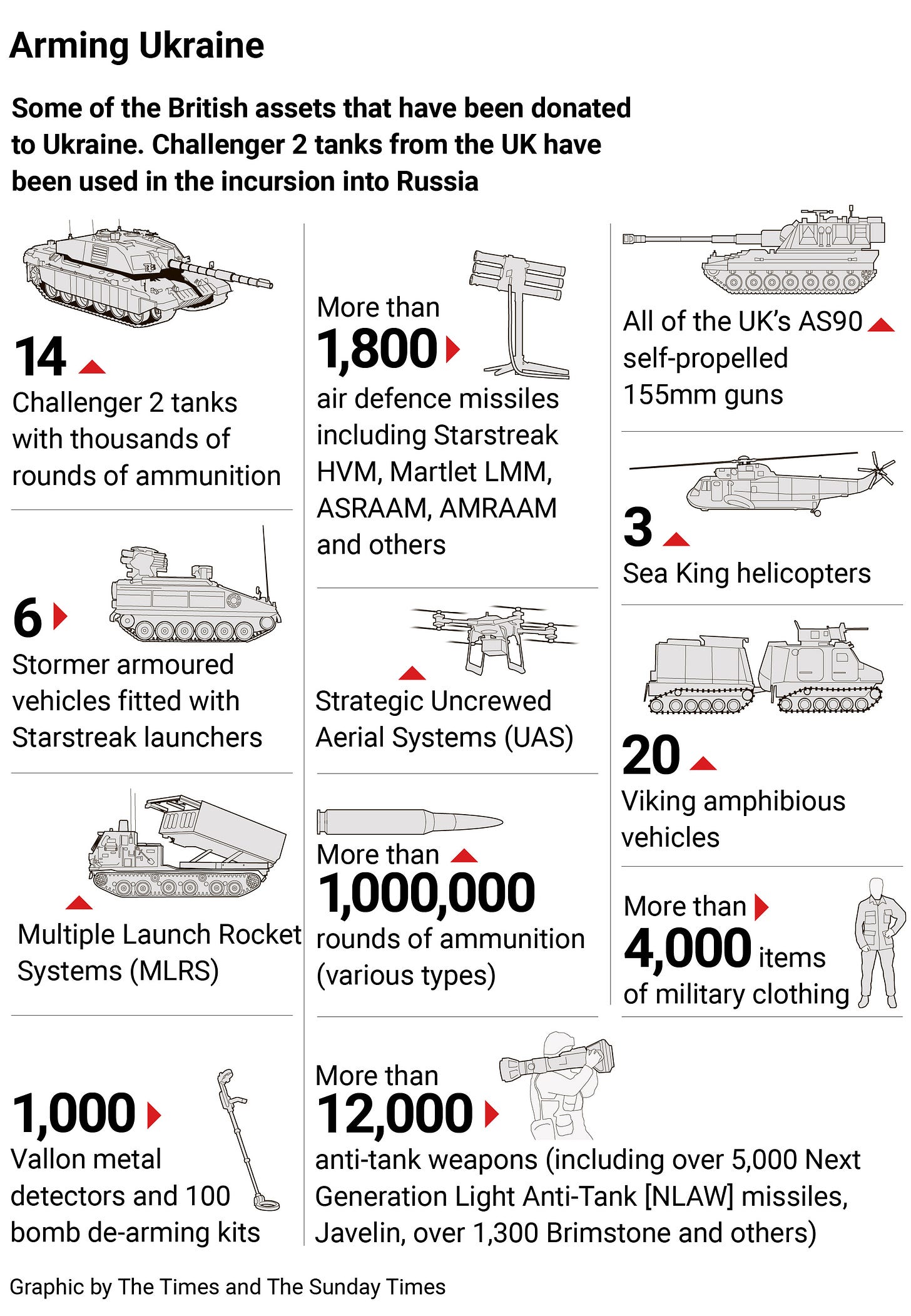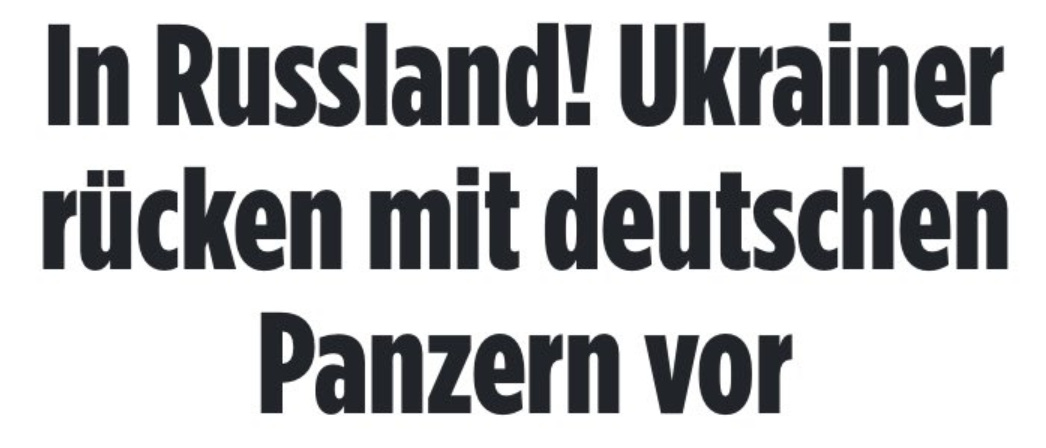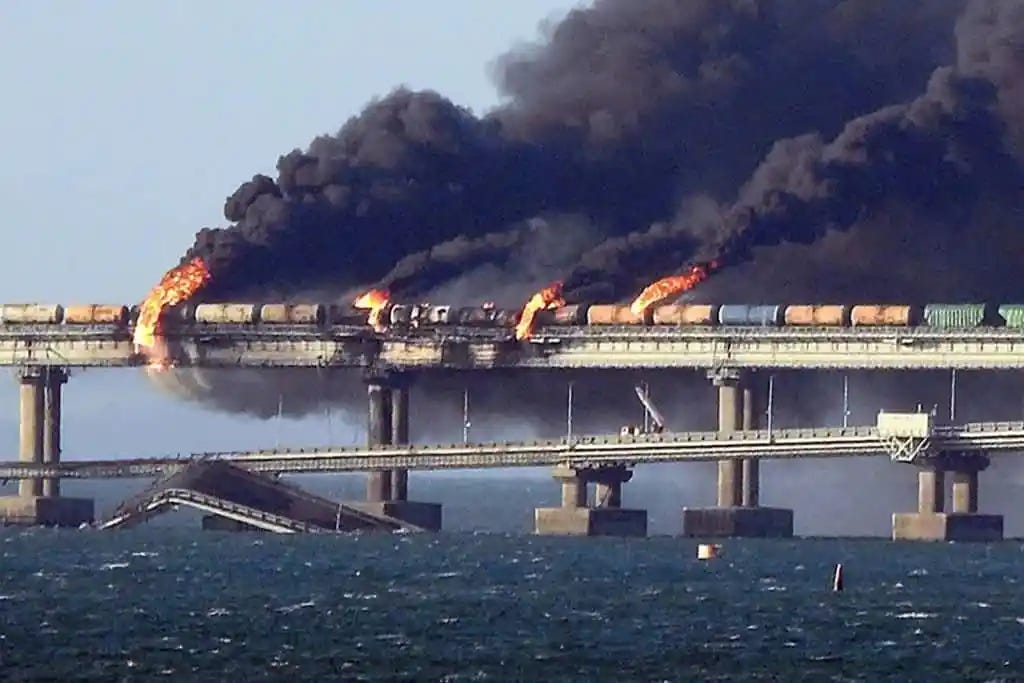By Marc Bennetts, The Times (UK), 11/29/24
In the early days of Russia’s all-out invasion of Ukraine, with the Kremlin’s forces on the outskirts of Kyiv, President Zelensky delivered a defiant message.
“We are all here,” Zelensky said from outside the presidential office, as his closest political allies stood behind him. “We are all here defending our independence and our state.”
His words boosted the morale of his besieged nation and sent his popularity soaring, both at home and abroad. On visits to the West to rally support for Ukraine, the former comedian was greeted with standing ovations by parliaments in Europe and the US Congress.
Yet almost three years on, with Ukraine’s frontline defences in danger of crumbling, Zelensky’s popularity is fading and very few Ukrainians envision him as their next president.
A potential rival
Just 16 per cent would vote to re-elect him for a second term, according to an opinion poll of 1,200 Ukrainians published this week by the Social Monitoring Centre in Kyiv. The poll, the most comprehensive study of electoral preferences since the invasion began in 2022, also found that about 60 per cent would prefer Zelensky not to even stand for re-election.
“It’s very difficult to be a popular president when you have had a full-scale war for three years,” Oleksandra Ustinova, a Ukrainian MP, said. “People are tired and almost everyone has someone who they have lost. That’s a huge challenge for Zelensky.”
Top of the poll, ahead of Zelensky, with 27 per cent was Valery Zaluzhny, the former commander-in-chief of the Ukrainian armed forces who has served as the ambassador to Britain since July.
Zaluzhny, who was dismissed by Zelensky in February after a rumoured disagreement over the handling of the war, is also Ukraine’s most trusted figure, the poll showed. Although he has yet to openly declare any political ambitions, his appointment to a diplomatic post in London was seen by many analysts as an attempt by Zelensky to sideline him.
It remains unclear when Ukrainians will be able to choose their next president. Zelensky’s term of office ended in May but new elections have been suspended indefinitely under martial law that was introduced at the start of the Russian invasion in 2022. The vast majority of Ukrainians support the move, citing the dangers and logistical problems of staging a nationwide vote during wartime.
That has not stopped talk in Kyiv that the policy could be reversed next year, although no one knows quite how or when a vote would take place. A significant factor driving the rumours is the need to counter Russia’s narrative that Zelensky is an illegitimate leader.
While the Ukrainian presidential office would ordinarily pay little attention to Kremlin propaganda, the issue has taken on a new importance before Donald Trump’s return to the White House.
“The Ukrainians have been planning for the possibility of Trump coming back for a while,” said Andrew Wilson, professor in Ukrainian studies at University College London and the author of several books about the country. “Russian propaganda about Zelensky’s illegitimacy is getting some traction in Republican circles and that’s one big reason why a new election is being talked about.”
Although Zelensky said before his landslide victory in 2019 that he would not run for a second term, he has since stated that he would take part in elections, if they are held in wartime.
“A lot of the talk about early elections is predicated on the assumption that it’s best to hold them before Zelensky’s popularity slides further,” Wilson said. “The presidential office is perfectly capable of cutting rivals down to size.”
The American dilemma
Keith Kellogg, a retired US general who is Trump’s pick for his Ukraine envoy, indicated that Washington could cut arms supplies to Kyiv if Zelensky refused to enter ceasefire negotiations with Moscow. President Putin has said that Russia would only halt its attacks if Ukraine agreed to surrender territory and renounce its ambitions to join Nato, which Kyiv has described as equivalent to capitulation.
“I don’t believe Zelensky’s support is so low that he lacks a societal mandate on issues of war and peace,” said Illia Ponomarenko, a Ukrainian journalist and the author of I Will Show You How It Was: The Story of Wartime Kyiv. “The problem lies beyond that. Three years of a gruelling war have undeniably created a demand to escape its horrors, even at a very steep price, such as territorial concessions.
“However, Donald Trump’s populist promise to stop the war within 24 hours may potentially lead to scenarios that align with the Kremlin’s demands — scenarios that would be inherently unacceptable and rejected even by a war-weary society.”
Zelensky’s critics have accused him of failing to react quickly and efficiently enough to wartime challenges, while also surrounding himself with people from Kvartal 95, the comedy studio that he co-founded more than 20 years ago. Corruption scandals in the armed forces have also tarnished his image, although there is no evidence that he himself has been guilty of any illicit dealings.
Enlistment
There is also a danger that Zelensky’s popularity could plummet even further if he goes ahead with Washington’s suggestion that Ukraine should begin sending younger men to the front. A senior official in President Biden’s administration said this week that Ukraine should lower the minimum age at which men could be mobilised for the war from 25 to 18.
“The simple truth is that Ukraine is not mobilising or training enough soldiers to replace their battlefield losses while keeping pace with Russia’s growing military,” the unnamed official said.
Ukraine’s parliament would need to first vote for the change in mobilisation, after which Zelensky would be required to approve it. MPs ruled last year to lower the minimum age from 27 to 25 but the decision was so sensitive that Zelensky waited almost a year before giving his approval.
Ustinova, who leads the Ukrainian parliamentary commission on arms and munitions, said she often had conversations in Washington about the issue. However, she argued that Ukraine’s demographic problems meant the move would spell disaster for the future of the country. “This would also be a clear signal for people to get their children out [of Ukraine] before they turn 18,” she said.
Disenchantment
It was perhaps inevitable that Zelensky’s leadership would lose its shine. No Ukrainian president apart from Leonid Kuchma, whose 1999 re-election was marred by suspicions of vote fraud, has secured a second term since the country gained independence from the Soviet Union.
“Maintaining popularity in this country is incredibly challenging, particularly during a difficult war,” Ponomarenko said. “It is a pattern we’ve seen before. We elect a new ‘saviour of the nation’ as president with sky-high approval ratings, quickly grow disillusioned and, in the best case, ensure their landslide defeat in the next election.”
Despite growing dissatisfaction with Zelensky and uncertainty over the future of the war, the country’s youngest president is likely to go down in history as the man who stood up to Putin and inspired Ukraine to resist.
“[He] found the strength not to break, succumb to cowardice, or temptation and instead rallied the nation in its darkest hour,” Ponomarenko said. “I sincerely hope Zelensky has the wisdom and self-control to retire with historic honour once circumstances allow for elections.”


